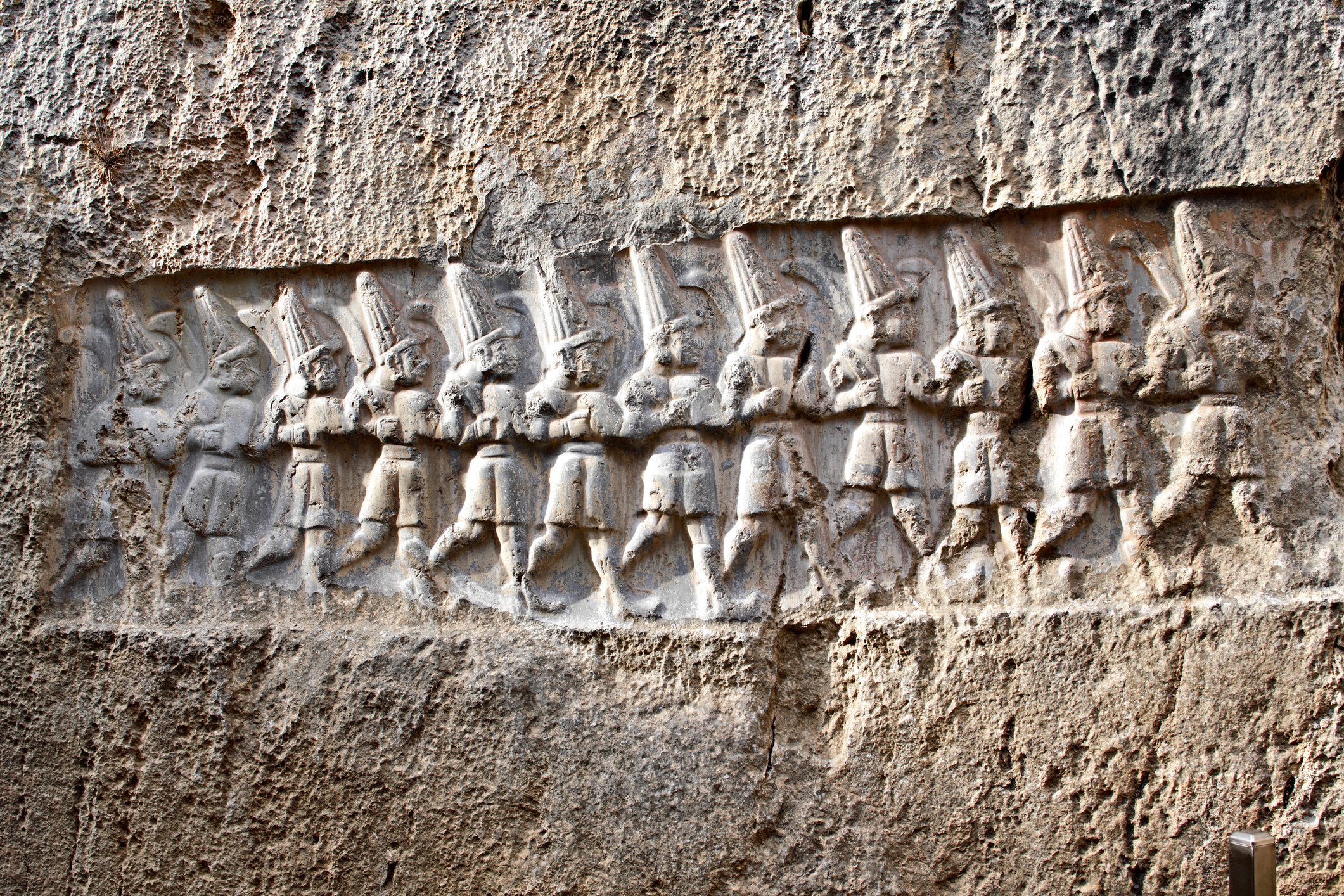By Glenn Maffia
We are making a massive jump from the Taş Tepeler (Stone hills) to the beginning of stylized writing, but that 8,000 year gap has not yet been bridged by any finds relating to any intermediate period.
Certainly, archaeology can reveal and decipher imponderables from human existence in how people lived and worked, though it lacks first-hand testimony. The advent of writing, accurately translated, sheds a whole new light on our human past.
It is commonly attested that writing, as we know it, was formulated in Sumer in Mesopotamia, and the bedrock of the comprehensible understanding of ancient records, contracts and trade transactions.
They also, eventually, recorded the first written creation myth, the Epic of Gilgamesh. But, let’s face it, it was the recording of trade which brought about this significant development in human evolution.
People, naturally, communicated orally beforehand, but this writing innovation was on the way to a standardisation of business recordings.
Basically they were little more than pictograms, though grew to become more complex to incorporate a fully fledged language as we know it today. I am sure that people never verbally communicated in pictograms, it was a shorthand which sufficed at that far distant past.
Dominance of the Hittites
This innovative concoction of symbols representing actual tangible objects, enabling records and accounts to be balanced, spread rapidly along the trading areas of the Fertile Crescent.
I don’t wish to become embroiled in linguistics, as that is not my field. Though, some people’s picked up on this innovation, others did not.
Those whom did not were basically consigned to the ignominious disappearance from history.
The Hatti were one of those people’s who could not, or would not, adapt to this new modernity. They were usurped by the Hittites (according to written chronicles by the latter) whom probably infiltrated from the Caucuses, with an Indo-European language.
Another powerful adversary, the Arzawa, also succumbed in the face of, essentially, this new communications technology to a combination of the Hittites and the Luwians, who could communicate with one another from afar using the written word. We had entered a ‘Brave new World’.
The usual flexing of elevated apes
Not all was peace and tranquillity, mind. The Hittites and ancient Egyptians (who communicated from a distance using hieroglyphs) clashed often into conflict, as men are prone to do, in an attempt to gain dominance.

The King’s Gate lies opposite the Lion Gate in the southwest of the city’s fortifications
Ironically, the Hittites early on also adopted hieroglyphs as a form of distance communication, but the Luwian influence (they were both Indo-European based languages) persuaded them eventually to join the fold.
Don’t misunderstand me, for there were many other civilisations, especially within Mesopotamia, jostling for supremacy, but within Anatolia these two had become eminently predominant. To list every kingdom would deflect from my point.
No one saw the Sea People coming
Little did it matter, as the entirely unforeseen emergence of the ‘Sea Peoples’ (between 1200-900 BCE) destabilised the entire Eastern Mediterranean region.
It continues to be an ongoing debate as to whom these mysterious people were. Though it is not beyond the realms of possibility they were the equivalent of today’s desperate economic refugees.

The famous green stone of the Hittite capital Hattusa
Such numbers consequently extinguished the Hittite/Luwian powerbase and they were reduced to a mere shadow of their former, powerful, selves.
The Hittites clung to their capital, Hattusa, and a small enclave named Carchemish, before those two weak flames flickered and faded into a dim memory. Only the Egyptian Kingdom survived this onslaught; just.
Though, as a cursory glance at history books can inform us, all Empires are doomed to fall, eventually. As Britain has amply demonstrated since the conclusion of World War II.
The planet shall always be in a state of turmoil and flux, at least while our voracious species continues to rule the roost. If we were to draw any conclusions then, surely, it should be that greed and avarice inevitably lead to abject folly. We have witnessed such a phenomena innumerable times before.
